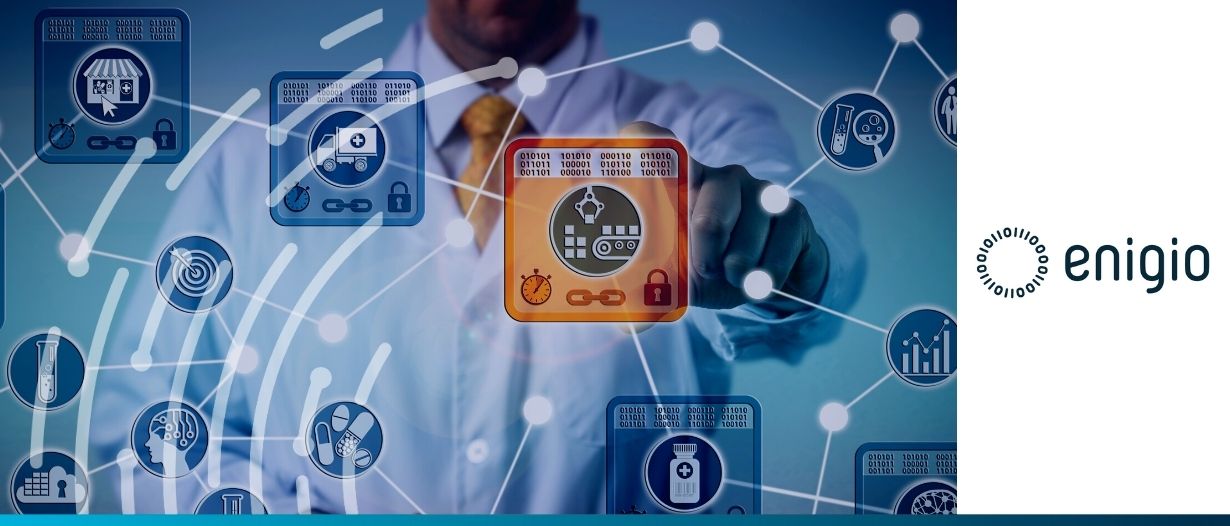Estimated reading time: 3 minutes
Both CargoX and Enigio, who operate as independent providers of electronic trade document solutions, have jointly engineered and successfully demonstrated the ability to exchange original electronic trade documents.
The document exchanged was a FIATA electronic bill of lading, standardised by the International Federation of Freight Forwarders Associations.
As part of the ICC UK’s Centre for Digital Trade Innovation’s (C4DTI) working group, which seeks to pinpoint and remove obstacles to trade digitalisation, Lloyds Bank outlined its interoperability requirements to fellow members Enigio and CargoX.
The bank tasked them with demonstrating genuine system interoperability. After reviewing the proof of concept, Lloyds Bank is confident that this novel technology solution can aid the UK’s transition towards digital trade documentation. The successful proof of concept is also expected to build trust within the global trade community regarding the interoperability of eBL platforms.
This breakthrough enables the seamless transfer of original documents between two tech solution providers without disrupting the essential chain of trust. This is crucial for the electronic handling, control, and transfer of document ownership. Ultimately, end-users are the biggest beneficiaries, as they move a step closer to the simplified use of digital platforms for Electronic Trade Documents, courtesy of this proof of concept.
Nick Davies, Director of C4DTI said: “This early application of digital interoperation between systems under the terms of the ETDA shows how the benefits of digitalisation can spread to the end users of such systems. This will help in our development of the model for all such systems going forward”.
According to Patrik Zekkar, CEO of Enigio, “The way forward for interoperability is to standardise the way in order for two or more solutions, supported by ETDA, to also be able to execute in a digitalised trade transaction by switching originals. This will justify a completely new sustainable collaborative business model in global trade.”
The service will soon be fully developed for production. It will enable far greater, broader and faster reach in the industry than any interoperability efforts on a stand-alone basis.
“This achievement signifies true technical interoperability as underscored by this achievement in enabling seamless communication between the public blockchain, CargoX, and Enigio’s hybrid dedicated blockchain, Enigio,” said Peter Kern, VP Commercial of CargoX.
This will provide corporate and institutional users in global trade with a completely new level of efficiency and security in electronic trade document exchange.
“Until now, electronic trade document platforms have been independent and acting as isolated islands where trust was built only between the companies using the same platform. This new interoperability feature now assures that the users of one platform can send electronic trade documents with complete trust and features of possession to users of the other medium – so the originals are functionally switched, without losing trust in the original document,” said Peter Kern,
Gwynne Master, Managing Director, Lending & Working Capital, Lloyds Bank said: “In the world of digital trade, a Bill of Lading is the most complex document to digitise. The original document passes through many parties for any given transaction, and the growing variety of standalone platforms used to create the digital originals adds further complexity. This new technology solution from Enigio and CargoX will make a significant impact on the industry’s efforts to become more secure, efficient, and sustainable.”
 Australia
Australia Hong Kong
Hong Kong Japan
Japan Singapore
Singapore United Arab Emirates
United Arab Emirates United States
United States France
France Germany
Germany Ireland
Ireland Netherlands
Netherlands United Kingdom
United Kingdom










Comments are closed.